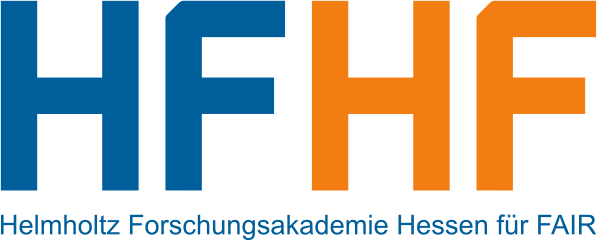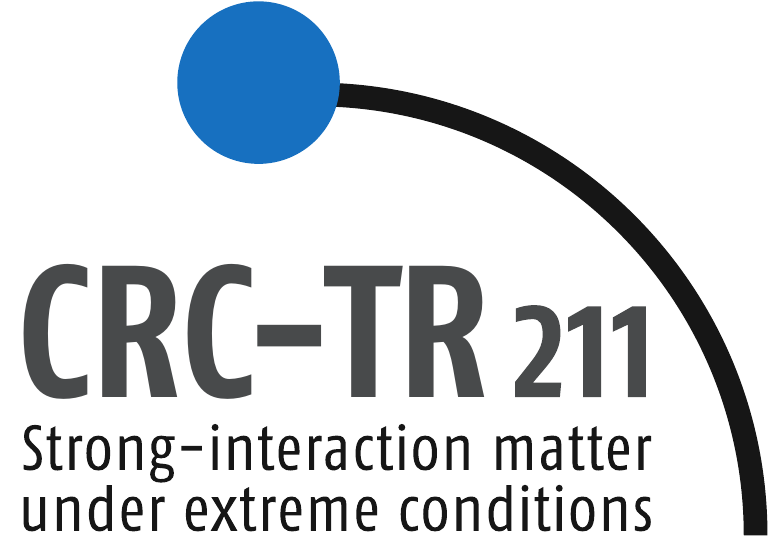
 Nuclear Physics
Colloquium
Nuclear Physics
Colloquium 
 Nuclear Physics
Colloquium
Nuclear Physics
Colloquium Venue: Physics Building, Max-von-Laue-Str. 1, PHYS 02.116
Time: Thursday, November 20, 4:30pm (s.t.)
Contact: hees@itp.uni-frankfurt.de
Can Artificial Intelligence tell us how much dark matter really matters?
Strong gravitational lensing has advanced as a standard probe to map
mass densities of cosmic structures or to try and infer parameters of
the cosmological concordance model, like the Hubble Constant.
Recently, the heuristic, simulation-based mass density models that used
to be fitted to the strong-lensing data have been replaced with those
from AI/ML techniques.
Do the latter increase the precision and accuracy at which we can infer
the distribution and nature of dark matter from strong-lensing
observations?
To answer these questions, this talk will introduce a new way of
interpreting strong-lensing observations, separating the local
properties of the light-deflecting mass densities that are directly
constrained by the data from the model assumptions added by fitting mass
density models to the data.
References
[1] A model-independent
characterisation of strong gravitational lensing by observables
(arXiv:1906.05285 [astro-ph.CO] review paper of the core method)
[2]
‘Double’ Galaxy Mystifies Hubble Astronomers (press release for a
unique example analysis)
[3] The Case
Against the Cosmological Principle (and/or FLRW) (integration into
the community of observational cosmology)
[4] Chaos im
Kosmos • Dunkle Energie Dunkle Materie (outreach contribution in
German language)
The colloquium will be streamed but not recorded.
Zoom link: https://uni-frankfurt.zoom.us/j/2848286010?pwd=VmtCY1RCc1hpVStKd0RibFBpc1IzZz09
Meeting ID: 284 828 6010
Password: 068695